Depression Part 2
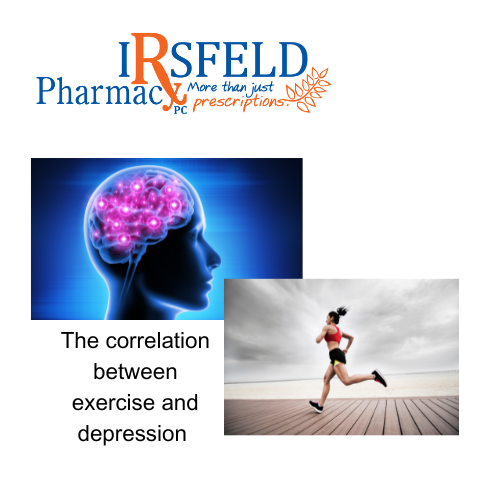
Last week's article discussed depression statistics and conventional treatments for depression. Today we will look at lifestyle modifications and how exercise and diet can affect depression. If you follow any of my writing, you will know that I write a lot about diet and exercise and their importance for overall health. Depression is no different, as you will see from the studies I reference in this article.
Regular exercise may be the most potent antidepressant available. Various community and clinical studies have indicated that exercise has profound antidepressive effects. These studies have shown that increased participation in exercise, sports, and physical activities is strongly associated with decreased symptoms of anxiety, depression, and malaise.
Furthermore, people who exercise regularly have higher self-esteem, feel better, and are much happier than those who do not.
Much of the mood-elevating effects of exercise may be attributed to the fact that regular exercise has been shown to increase the level of endorphins. When endorphin levels are low, depression occurs. Conversely, when endorphin levels are elevated, so is one's mood. In over 100 clinical studies, it was concluded that exercise can be as effective as other antidepressants, including drugs and psychotherapy. Next week's article will discuss a medication that can increase endorphin levels.
There are several critical nutritional factors to consider in the depressed individual. First, we must avoid hypoglycemia since the brain requires a constant supply of blood sugar. Symptoms of hypoglycemia can range from mild to severe and include depression, anxiety, irritability, and other psychological disturbances; fatigue; headache; blurred vision; excessive sweating; mental confusion; incoherent speech; bizarre behavior; and convulsions. When my three daughters were in their teens, we referred to this syndrome as being "hangry," a hungry and angry person. The association between hypoglycemia and depression is largely ignored and simply never considered a possibility, even though several studies have shown hypoglycemia to be very common in depressed individuals.
Simply eliminating refined carbohydrates from the diet is occasionally all that is needed for effective therapy in patients with depression due to reactive hypoglycemia. In addition to glucose, the brain also requires a constant supply of other nutrients. It is a well-established fact that virtually any nutrient deficiency can result in impaired mental function. For the brain to function optimally, it requires virtually every known nutrient. Correcting an underlying nutritional deficiency can restore normal cognitive function and relieve depression.
A high-potency multivitamin provides an excellent nutritional foundation upon which to build. When selecting a multivitamin and mineral formula, it is crucial to ensure that it offers the full range of vitamins and minerals at high potency levels. Deficiencies of several nutrients are pretty common in depressed individuals. The most common deficiencies are folic acid, vitamin B12, and vitamin B6.What we consume and the nutrient/phytonutrient density of what we consume also have significant implications for the brain. Unhealthy diets are also directly connected to increased risk for psychiatric and neurologic conditions, such as depression and dementia, whereas healthy diets seem protective.
There is increasing evidence regarding diet's crucial role in brain health, particularly depression, and dementia." – "The data are obvious that there's a powerful prevention signal when we help our patients eat better," said Drew Ramsey, MD, assistant clinical professor of psychiatry at Columbia University, New York City. Essential nutrients include long-chain omega-3 fatty acids, magnesium, calcium, fiber, vitamins B1, B9 (folate or folic acid), B12, D, and E.
Diet matters when it comes to mental health. When people with severe depression followed the Mediterranean diet, they experienced a significant symptom severity reduction lasting up to 6 months.
In a study published online on December 18, 2017, in Nutritional Neuroscience, "participants eating the Mediterranean diet experienced a greater reduction (45%) in the severity of their depression compared with the control group." Clinicians who want to be on the cutting edge of evidence-based medicine should include dietary interventions in treating clinical depression. "Great interventions don't have to be complicated. It can be just getting people to eat more leafy greens, anchovies, or lentils or learning how to make delicious vegetables so they will eat them,"
A 2009 study found that people who follow Mediterranean dietary patterns - that is, a diet high in fruits, vegetables, nuts, whole grains, fish, and unsaturated fat (common in olive oil and other plant oils) - are up to 30% less likely to develop depression than those who typically consume meatier, dairy-heavy fare. – Ach Gen Psychiatry. 2009.
"Decreasing adherence to a Mediterranean diet pattern was associated with increasing likelihood of depression or anxiety. Greater anti-inflammatory or antioxidant activity of some diets may protect against mood disorders. "People who suffer from mood disorders function better when they are eating better," - Bonnie Kaplan, Ph.D., from the University of Calgary in Alberta, Canada. "It is true that you are what you eat."
Fruit and vegetable (F&V) intake has a considerable body of scientific research related to mental health. A 2016 meta-analysis that included 18 studies (totaling 400,000+ participants) assessed the association between F&V intake and depression; this large analysis revealed an inverse relationship between F&V consumption and risk of depression, meaning more F&V consumption equals lower depression rates.
Additionally, a 2018 systematic review and meta-analysis demonstrated a linear, inverse association between F&V intake and depression risk. Each 100g increase in fruit or vegetable intake was associated with a 3% risk reduction for depression. These collective findings provide evidence for the protective nature of F&V intake on depression.
We have always known that it makes sense to eat right and exercise, but now we have the studies to prove the benefits of these lifestyle modifications. No time has it been more important to heed the words of Hippocrates, the father of medicine, "Let food be thy medicine and medicine be thy food." Eat right today to live a healthier life tomorrow!!
In next week's article, Depression Part 3, we will discuss using dietary supplements to treat depression. If you suffer from depression, don't give up hope, as many paths can be taken to get you to a better spot.
If you have questions or need help with medications or dietary supplements for depression, call the pharmacy @ 701-483-4858 or stop in to schedule a consultation. Please visit my website at www.irsfeldpharmacy.com to find this and other archived articles in the blog section.
Until next time, be vigilant about your health!!!
VISIT US
HOURS
HOURS
CONTACT US
Fax #: (701) 483-4926


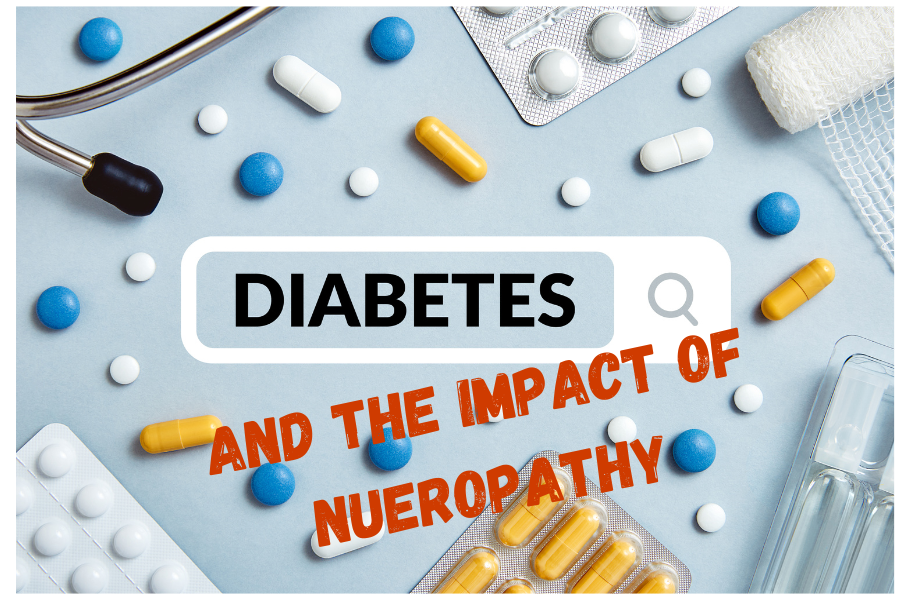

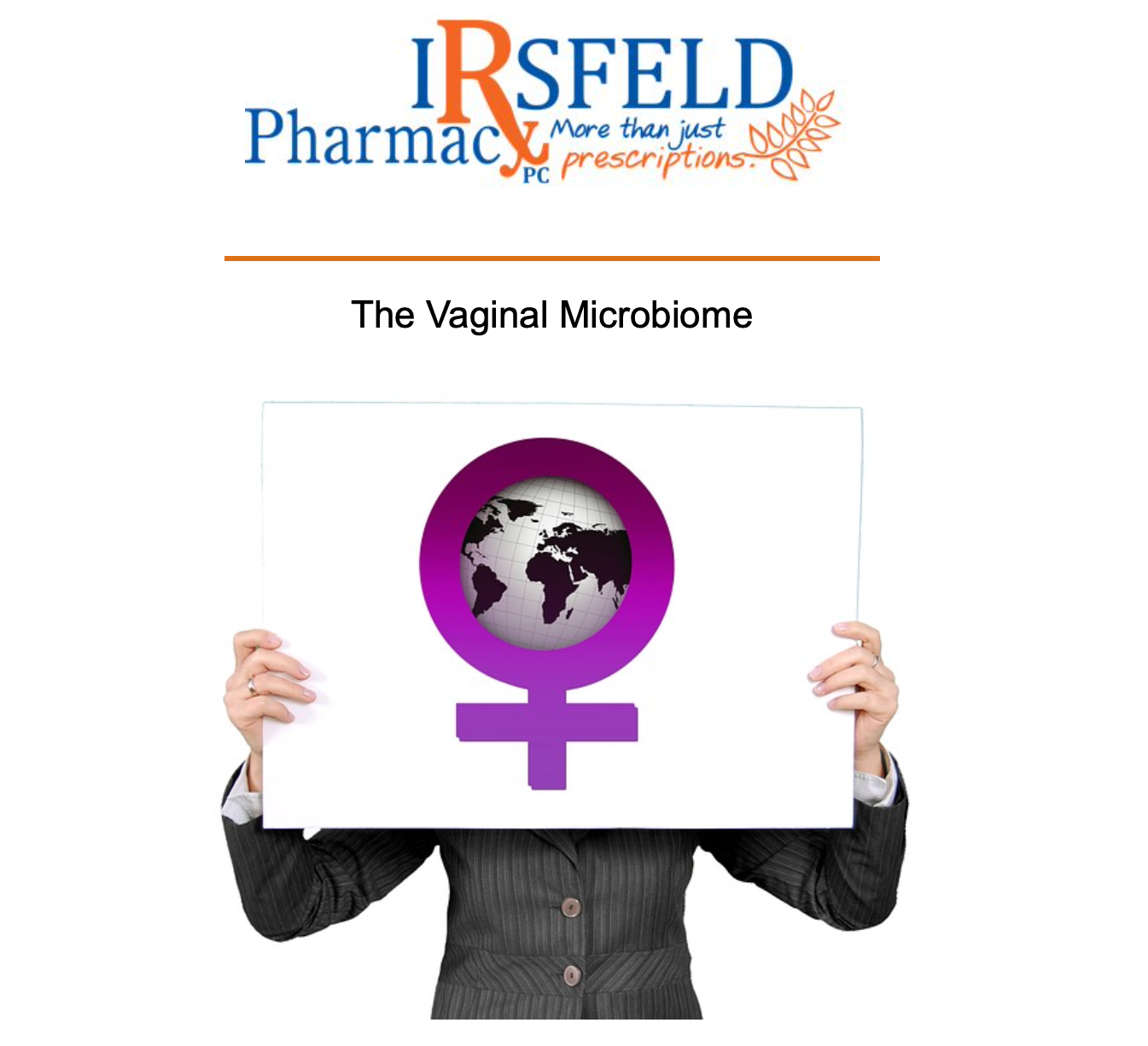
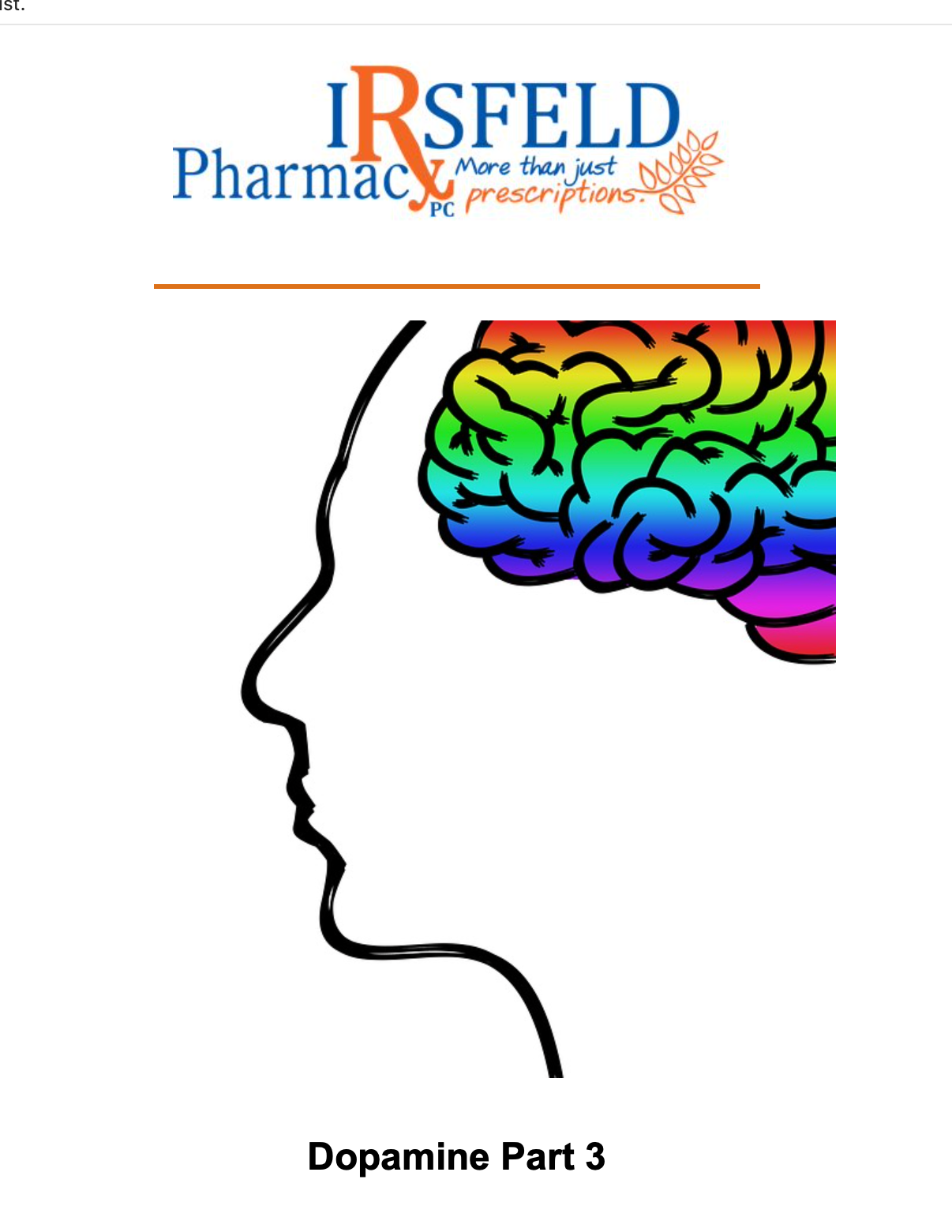
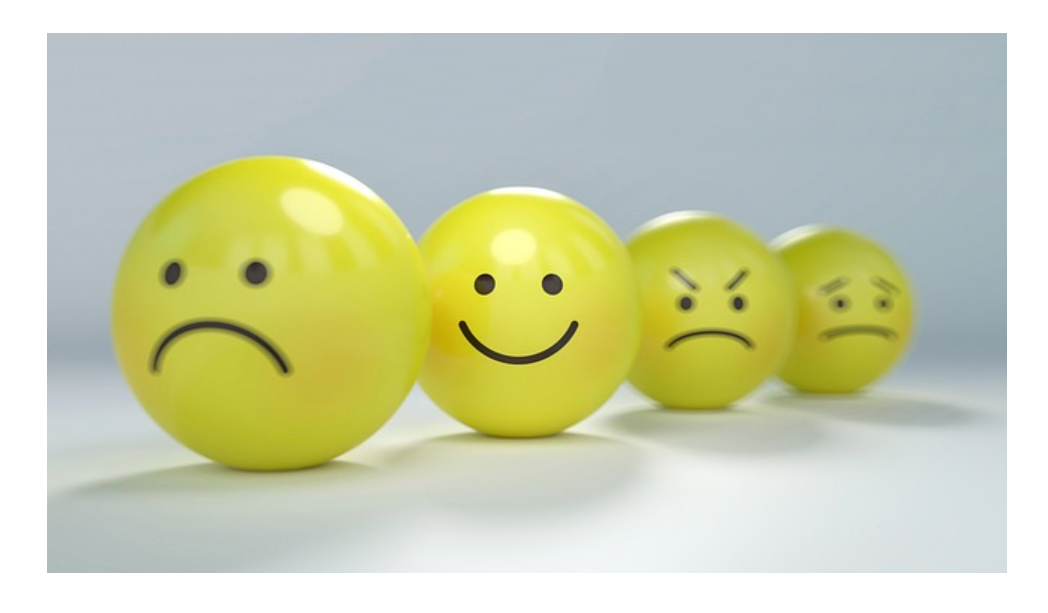
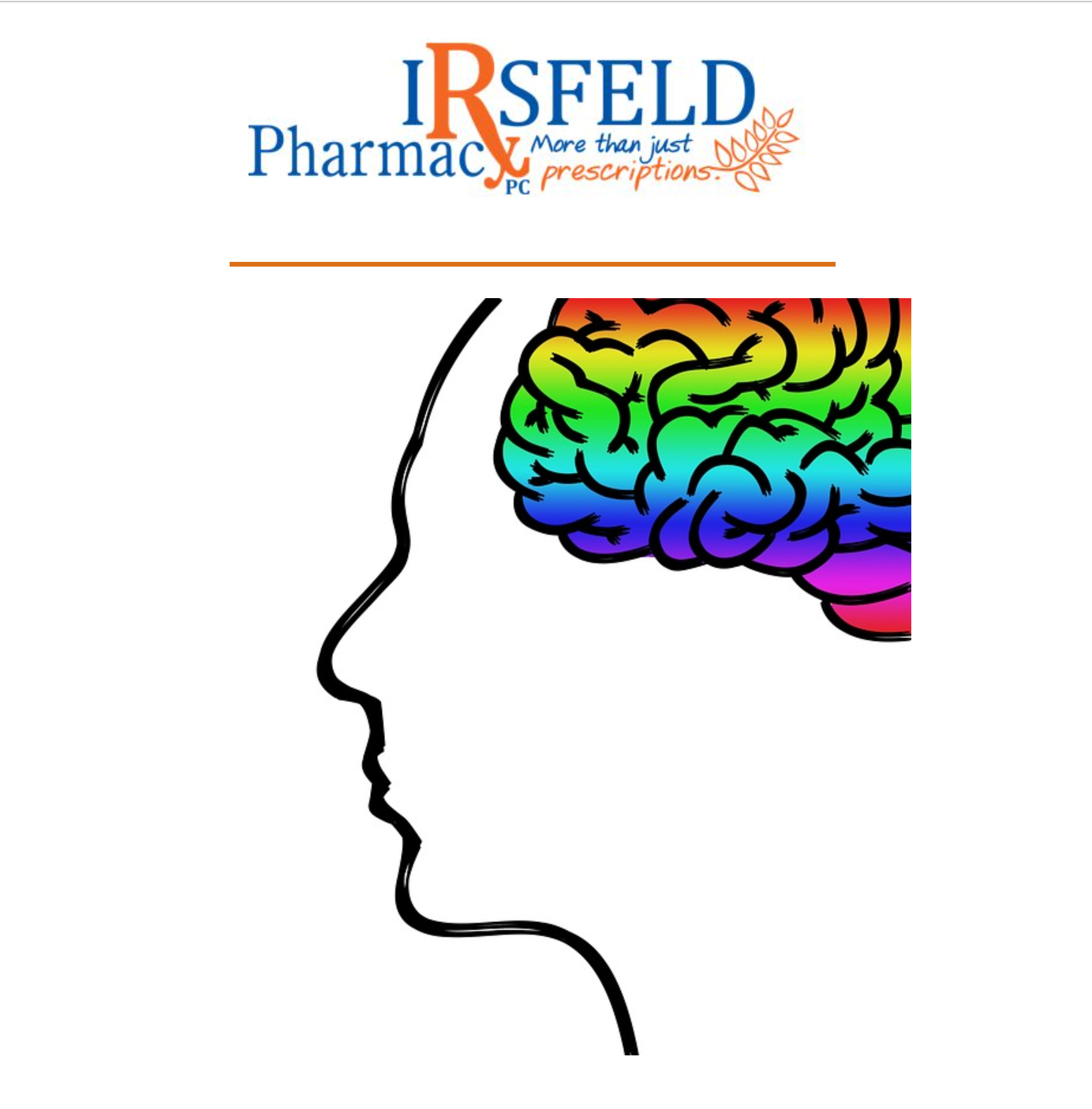



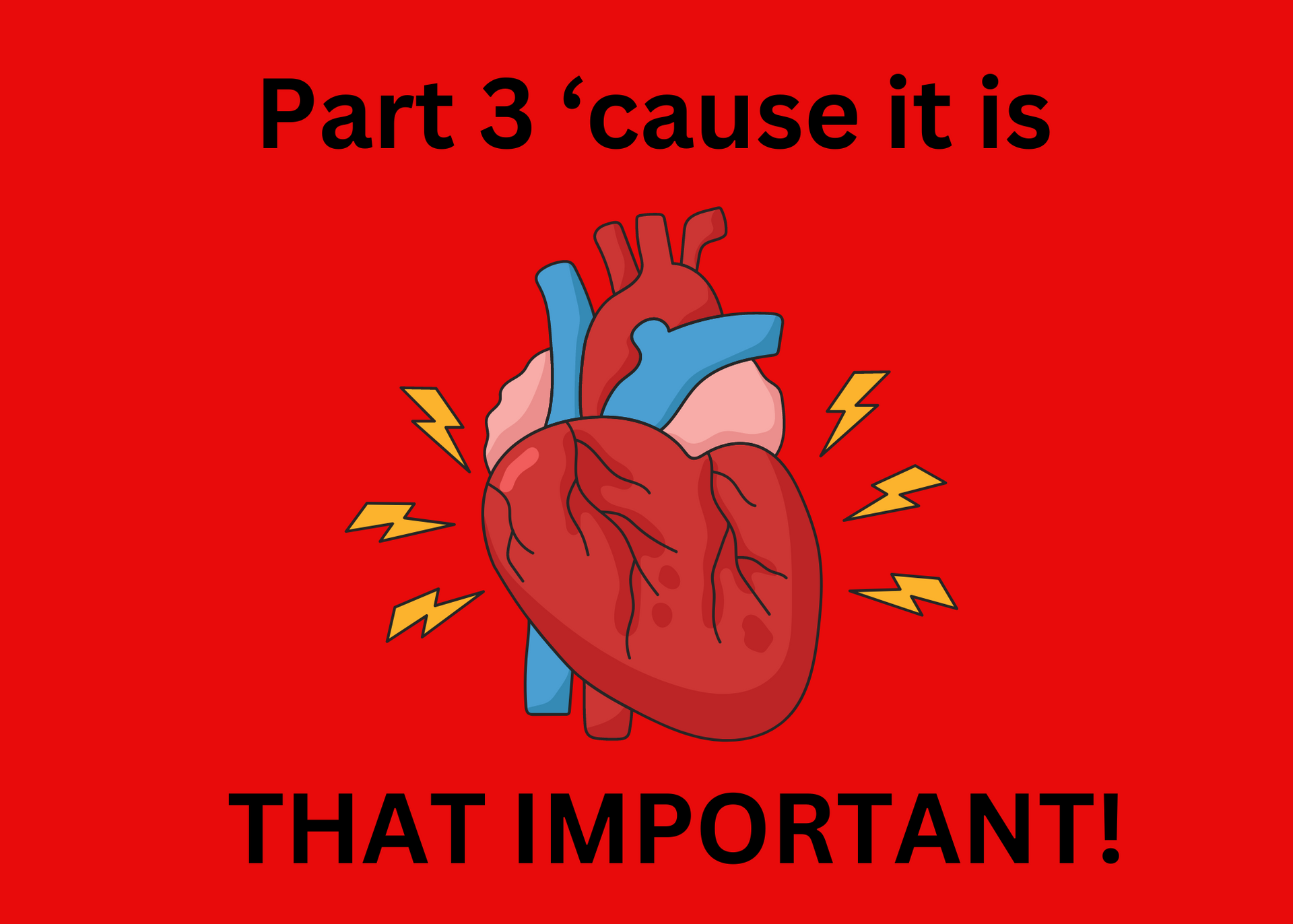
Share On: